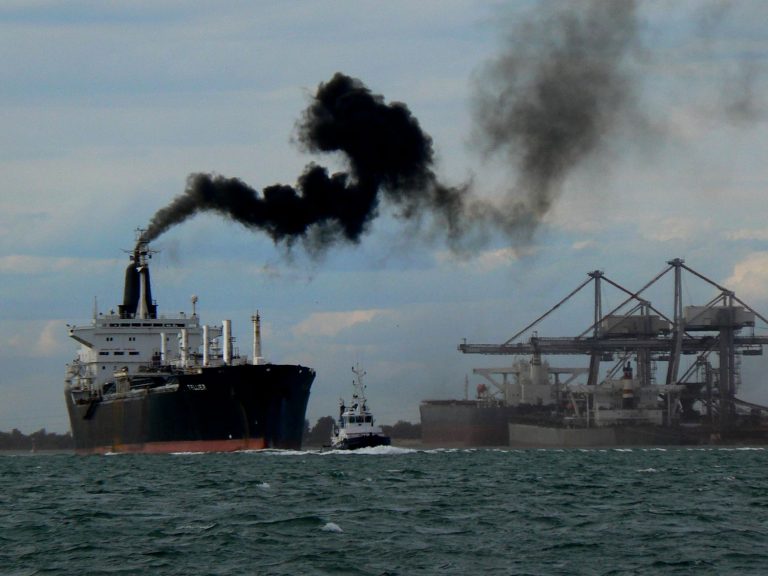
Date:
Reduce emissions and improve your bottom line
Environmental strategies and carbon emission reduction activities have been core elements in multi-national trading reports for some years and more shippers are beginning to realise that they can adapt their supply chain to be environmentally friendly and save money in the process.
Cutting emissions is often directly related to creating efficiencies and cutting costs, activities that are more interesting than usual.
Reducing CO2 emissions starts with a thorough review of supply chain operations, volumes, routes, modes and performance.
Understanding the ‘big picture’ provides visibility of the simple fixes and quick-wins, like more consolidation, mode switching, or mixing.
Road transport accounts for the bulk of of CO2 emissions with 73%, air cargo follows with 12%, while sea freight accounts for 10% and rail at 2%.
The extensive manufacturing, demand and transport disruption triggered by the Covid pandemic has highlighted the vulnerability of extended supply chains and prompted some to espouse near-shoring, which may offer some environmental benefit, but omits the economic case for off-shoring in the first place.
Some near-shoring is inevitable, when the efficiencies and costs are too compelling to ignore, but many shippers will persist with extended supply chains and look to their suppliers for environmental policies that support their eco-ambitions.
Metro are continually review our environmental policy and work with fully audited and approved partners with effective carbon emission reduction policies. We measure all movements against acceptable levels to ensure minimum environmental damage in the movement of your goods. Metro is aiming to be a carbon neutral organisation in the very near future.
Even the biggest shippers can’t influence an airline or shipping line’s environmental strategy, but the International Maritime Organisation (IMO) and the International Civil Aviation Organisation (ICAO) have set ambitious goals and it is straightforward to favour the most engaged carriers.
Metro are developing tools, as part of our MVT supply chain management platform, that will calculate the carbon ‘cost’ to and from any global point, by any mode, or modes of transport, so that our shippers can monitor and reduce their carbon footprint.
Using the same toolkit we can analyse supply chain volumes, routing and mode characteristics and recommend options that will reduce costs as well as carbon emissions, including modal shifts, reducing distances and better utilisation of transport transportation assets.
